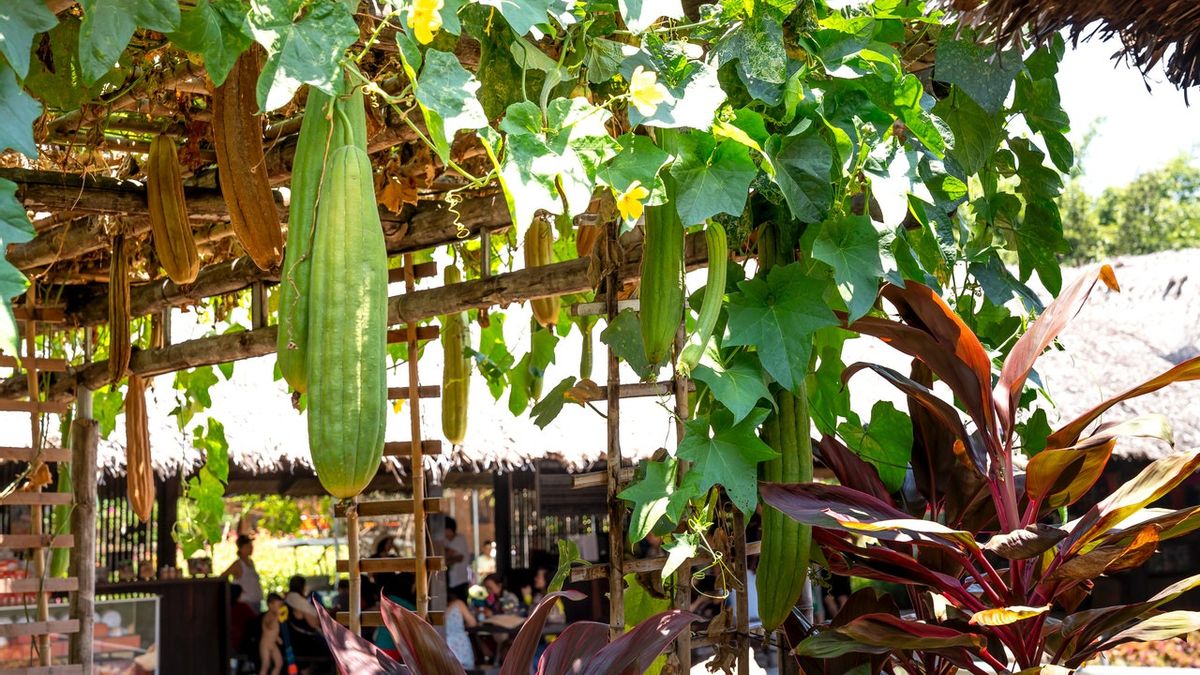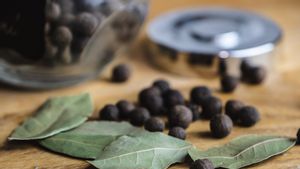JAKARTA - High levels of uric acid in the blood are medically known as Gout or known as gout. This disease needs to reduce the purine which is the result of protein metabolism and then formed into crystals.
If it accumulates in the joints of the hands, it can cause pain. For gout sufferers, it is necessary to undergo a strict diet. As reported by Tangerang City Hospital, gout sufferers should avoid food sources of protein and purines of less than 150 milligrams per 100 grams.
Vegetable foods that need to be avoided include spinach, peas, cauliflower, asparagus, kale, leaves, and melinjo seeds. While the vegetables recommended for gout sufferers include carrots, chayote, long beans, eggplant, bitter melon, cucumber, water pumpkin, watercress, tomatoes, lettuce, radishes, beans, and oyong.
Vegetable oyong or luffa are generally processed into clear vegetables and soups when they are young. This plant belongs to the pumpkin tribe with the Latin name Luffa acutangula. Including vines and can grow anywhere, making it easier to plant in sub-tropical areas.
SEE ALSO:
Oyong or Chinese okra has a fruit length of about 15 to 25 centimeters with a diameter of 5-7 centimeters. When cooked, it tastes faintly sweet and has a soft, spongy texture. Well, in addition to its useful content when it is dried, it can become a loofah, a sponge used for bathing.
In oyong contains vitamin C, fiber, calcium, and vitamin A. Serrated pumpkin also contains iron and protein. The iron content in the form of magnesium and potassium can reduce joint pain caused by gout and muscle cramps.
Furthermore, vegetable oyong is also beneficial for health, including the following:
- Maintain eye health
- Minimize risk of anemia
- Reduce the risk of type 2 diabetes
- Cure migraines
- Maintain healthy skin and stimulate breast milk
Although known as Chinese okra, oyong is not related to 'okra' which is grown in the United States. As reported by Specialty Produce, oyong is botanically classified as a plant that grows in Southeast Asia.
In India, it is known as Sinkwa and Torai which are still in the Cucurbitaceae family with pumpkin, melon, and cucumber.
The English, Chinese, Japanese, Arabic, and French versions are automatically generated by the AI. So there may still be inaccuracies in translating, please always see Indonesian as our main language. (system supported by DigitalSiber.id)














